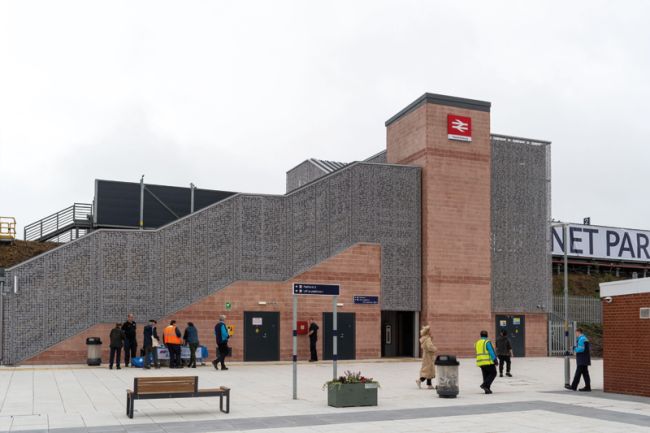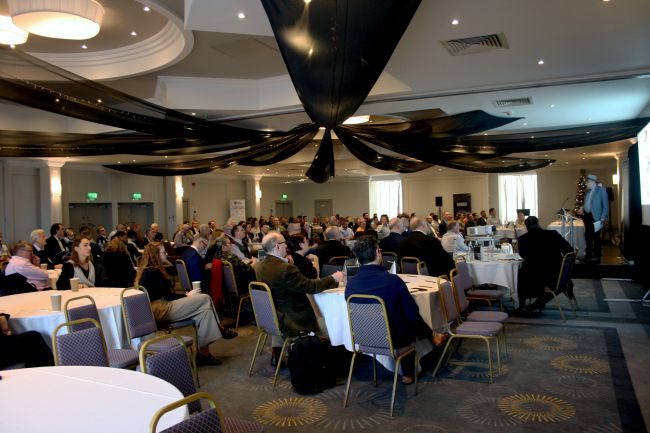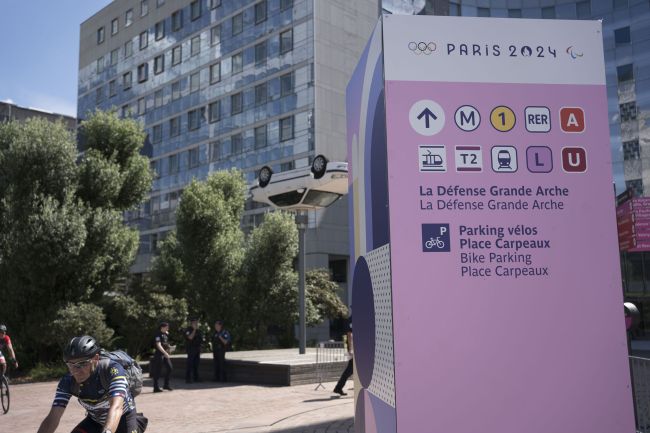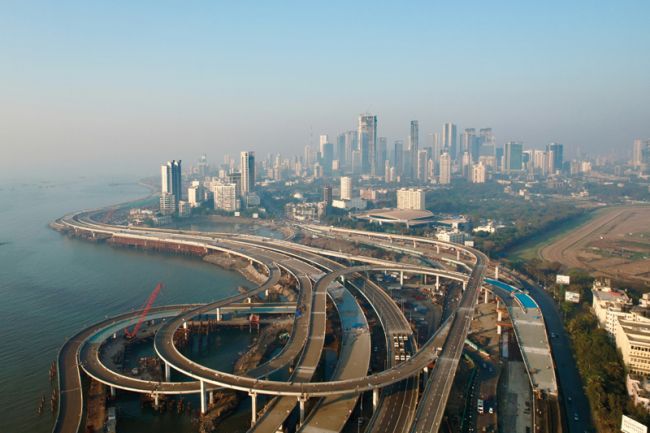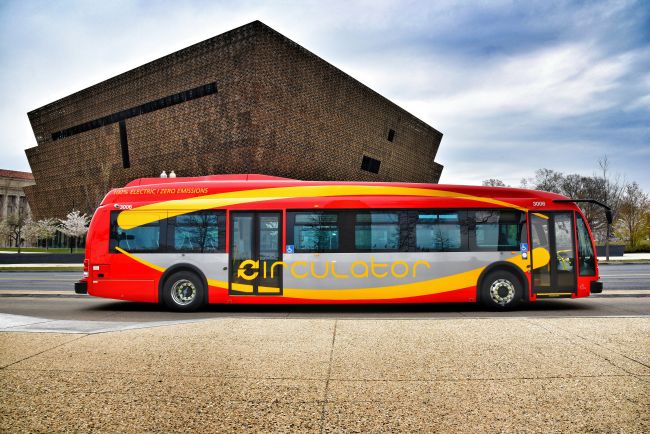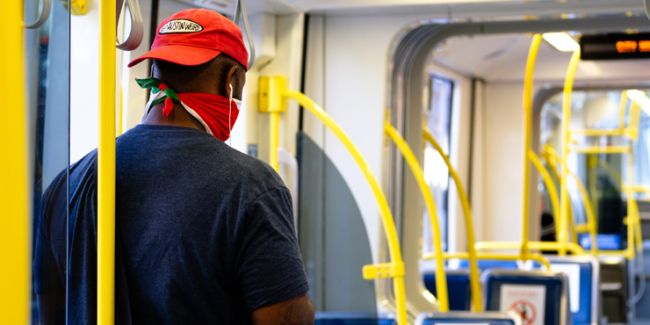Local Sustainable Transport Fund: Cracking the nut of engaging with businesses on sustainable travel?
Local authorities are investing significant effort into supporting the business community with sustainable travel activities.

A recent review of successful Local Sustainable Transport Fund projects has shown that local authorities are investing significant effort and resource into supporting the business community with its sustainable travel activities.
Steer Davies Gleave is fortunate to have worked on a significant portfolio of business engagement activities from developing and delivering the successful Travel Advice for Business engagement programme for the London 2012 Games Travel Demand Management work, through to delivering smaller but equally important projects, for example LSTF projects in Redditch and Thurrock.
These projects have demonstrated that there is unfortunately no straightforward solution to business engagement, but our experiences have revealed some key learning points that can help increase the chances of successful uptake.
Here we identify several methods key to successfully engaging with and maintaining the ongoing interest of local businesses, and explore what doesn’t work:
• The support available should be seen to solve a tangible problem that the ‘target’ organisation/ audience is experiencing. Whether it is a problem with on-site car parking, congestion associated with a notoriously problematic junction, or changes to a town’s parking arrangements the issue presented has to be one that will resonate with the business. Simply presenting a general idea such as, ‘We’d like to help you increase the proportion of people travelling to your site by sustainable modes’ will only appeal to a small minority of businesses.
• Focus on those parts of the target audience where there is an identifiable problem. Following on from the above, when prioritising the businesses to target the greatest focus should be on those where the support available will help them solve a problem. While it may be great news for a town that a new cycle link is being introduced, the business community will fail to be interested unless it’s clear that the cycle link will help them overcome a specific problem currently blighting their operations.
• Link into existing initiatives being taken forward within an organisation. It is useful to identify the organisation’s existing priorities. For example, if they are developing a Staff Wellbeing Strategy, this is a prime opportunity to encouraging their support of a sustainable travel for the journey to work initiative.
• Making initial contact. In our experience the best way to reach the business community is via a pre-existing channel, for example, by attending a meeting of an established business stakeholder group or by using their regular publications/engagement media.
Alternatively, if another department within the local authority has pre-existing relationships with the business community then leverage on them wherever possible.
There are also a number of commercially available databases providing contact information, but these often include out of date or inaccurate information, for example, in relation to the number of staff based at a particular site. If however, all other avenues have been exhausted then do give this some consideration.
The success of the initial contact will depend significantly on the attractiveness of the ‘offer’ available to the business concerned – if there is ‘free’ help/ resources/ incentives on offer then make that absolutely clear. Equally, if a competitive element can be included within the offer then this is also known to attract interest as illustrated by the current penchant for Cycle Challenge projects and other approaches to gamification.
Above all else resist the temptation to send e-mails as a first attempt at contact – a more personal approach achieved via face-to-face or telephone contact is preferable, and in our experience gets the best results.
• Always remember that you are dealing with an individual and not a person representing a business. Make it your business to know all that you can about the person who you are engaging with at the business. Ideally do this prior to your first contact or as a minimum ensure this happens during the course of your first contact. There are methods you could use such as motivational interviewing techniques, which we use as part of our approach to personal travel planning to ensure we ask the right questions of individuals to be engaged on personal travel planning. There is no reason why the same approach cannot be applied when engaging with a business representative. Being able to connect with the individual as quickly as possible and to understand what it is that is going to motivate them to become involved will be invaluable in the long run.
• Time the engagement well. Timing of the initial engagement is key. It is important to understand your target audience in order to time your initial engagement appropriately. For example, avoid schools during school holidays or higher/further education institutions right at the beginning of the academic year.
• Once they’re engaged – keep them engaged. Finding a reason to maintain contact with a business is key. Whether that’s to chase up on an information request, sending them a note of any meeting/conversation, advising them of activities/ initiatives that may be of interest or just the occasional courtesy call is good. All too often businesses lose interest as other things can quickly become more important.

